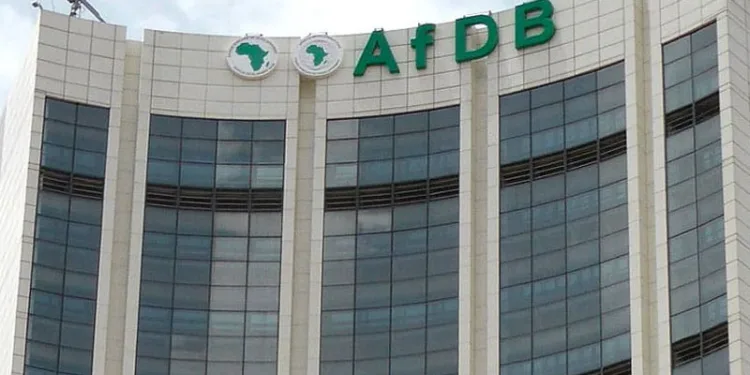The African Development Bank (AfDB) has entered into a loan agreement worth $75 million with Indorama Eleme Fertilizer and Chemicals Limited, a Nigerian company.
The bank made this announcement via a statement issued on its website.
The loan from AfDB is intended to facilitate the expansion of Indorama’s fertilizer production capacity and the establishment of a port terminal to facilitate exports.
It is aimed at enhancing food production and security in both local and global markets, as well as promoting employment opportunities within Nigeria.
It was also mentioned that the growth plan involves constructing a third urea fertilizer production line and a fresh shipping terminal at Indorama’s Port Harcourt facilities.
The new production line is expected to have an annual capacity of 1.4 million metric tons of urea, one of the most widely used fertilizers worldwide.
“It supports the country’s agricultural sector, which accounts for a quarter of its gross domestic product and employs about a third of its labor force,” the statement read.
The revelation was made that the upcoming production line and terminal, aimed at satisfying the increasing worldwide need for fertilizer, were projected to generate as many as 8,000 direct and indirect employment opportunities in Nigeria.
The statement also quoted the Acting Director of the Industrial and Trade Development Department, AfDB, Ousmane Fall, as commending the partnership.
Fall said the bank was proud of its continued partnership with Indorama, the IFC, and other lenders on the project.
READ ALSO: American University Confers Doctorate Degree On Enabulele
He stated that the collaboration was in line with the bank’s strategic objectives of promoting agricultural and industrial growth in Africa, thereby contributing to substantial development progress in Nigeria.
Manish Mundra, the Group Director for Africa at Indorama Corporation, highlighted that the establishment of the fertilizer plant demonstrates Indorama’s strong commitment to Nigeria’s industrial growth, economic diversification, and strategic geographic location utilization. He said;
“This landmark financing represents a pivotal moment in Nigeria’s journey towards becoming a major player in the global fertilizer market.
“With this third line, Nigeria is prepared to significantly ramp up its export capacity, thereby, enhancing its position as a key exporter of fertilizer to Africa and the world.
“Furthermore, the establishment of this fertilizer plant will not only address critical issues such as broader food security but will also stimulate agricultural growth and create employment opportunities in Nigeria,” he explained.
The loan provided by the AfDB aligns with their approach of facilitating investment in private sector development in order to stimulate the expansion of the real sector.
The $75m loan is part of a $1.25bn facility arranged by IFC.
The funding arrangement comprises a loan worth $215.5 million from IFC’s account, a loan of $94.5 million obtained through the managed co-lending portfolio program, and parallel loans totaling $940 million mobilized from other development finance institutions and commercial banks.
Some of the banks include the AfDB, Bangkok Bank, British International Investment, Citibank, DZ Bank, Emerging Africa Infrastructure Fund, Rand Merchant Bank, etc.
More Insights
Senior bank loans, also known as syndicated bank loans, are often consolidated from multiple loans and then structured as a singular debt obligation that’s sold to investors. These loans are classified as “senior” due to their preferential repayment status over other debts of the borrower. In essence, should a borrower face default, bankruptcy, or liquidation, senior bank loans are prioritized for repayment from the borrower’s available assets.
Six years ago, the AfDB approved a $100 million senior loan to Indorama Eleme Fertilizer & Chemicals Limited.
Recently, the British International Investment (BII) pledged $65 million to support the expansion efforts of Indorama Eleme Fertilizer and Chemicals in Nigeria.
Written by Adeluola Biola










